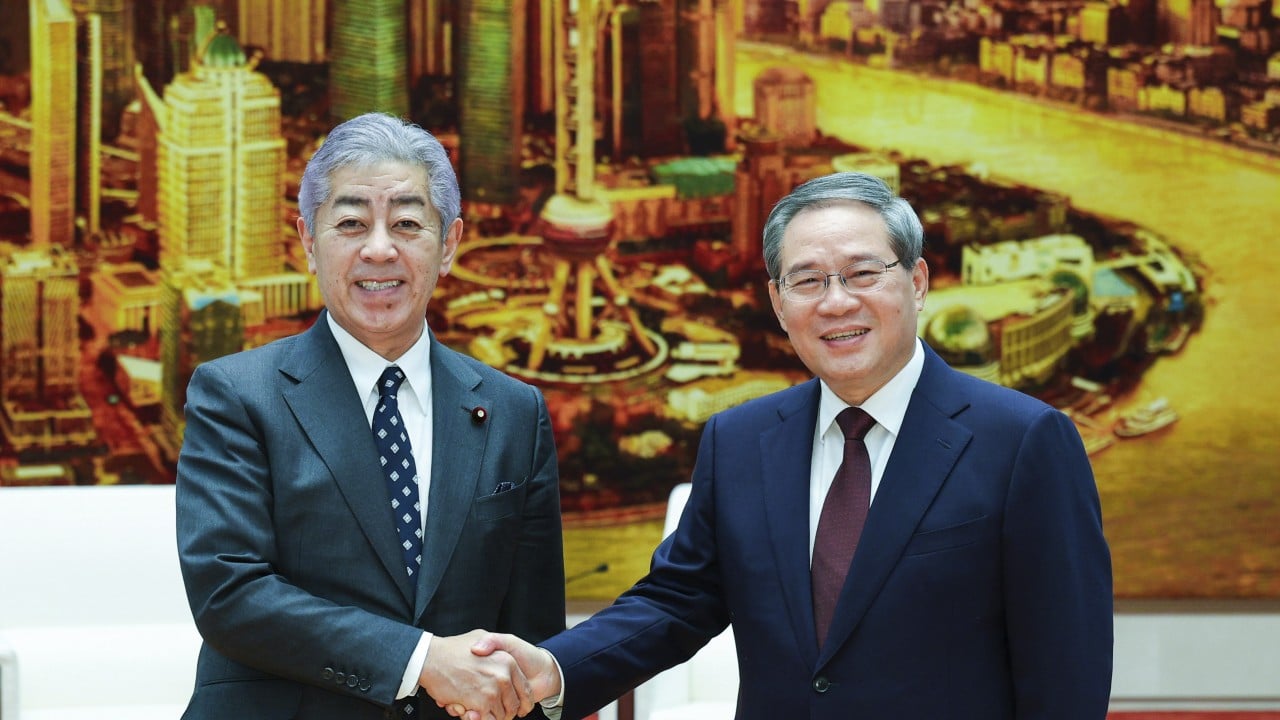China and Japan have stepped up engagement in recent months, but analysts say the trajectory of relations will largely come down to Tokyo’s political situation and its ties with the incoming Donald Trump administration.
Advertisement
Last week, when Takeshi Iwaya made his first visit to China as Japanese foreign minister, the two sides agreed to increase exchanges, to make it easier for Chinese to visit Japan, and to restart dialogue on security and diplomacy as well as talks on Japanese beef and milled rice imports.
It followed a meeting between Japanese Prime Minister Shigeru Ishiba and Chinese President Xi Jinping on the sidelines of the Apec summit in Peru last month, when they agreed to work on “constructive and stable” ties, and talks between Ishiba and Chinese Premier Li Qiang at the Asean summit in Laos in October.
Chinese Foreign Minister Wang Yi is also said to be planning a Japan trip in February for an economic dialogue last held in 2019 and could extend an invitation for Ishiba to visit China, Japanese news agency Kyodo reported, citing diplomatic sources.
Ishiba told Japanese media over the weekend that frequent engagement was needed to build trust between the two nations.
Advertisement
While security remains a stumbling block, analysts say Tokyo’s recent engagement with Beijing is a response to uncertainty over Washington’s commitment to allies and the potential harm to Japanese interests when Trump returns to the White House next month.

